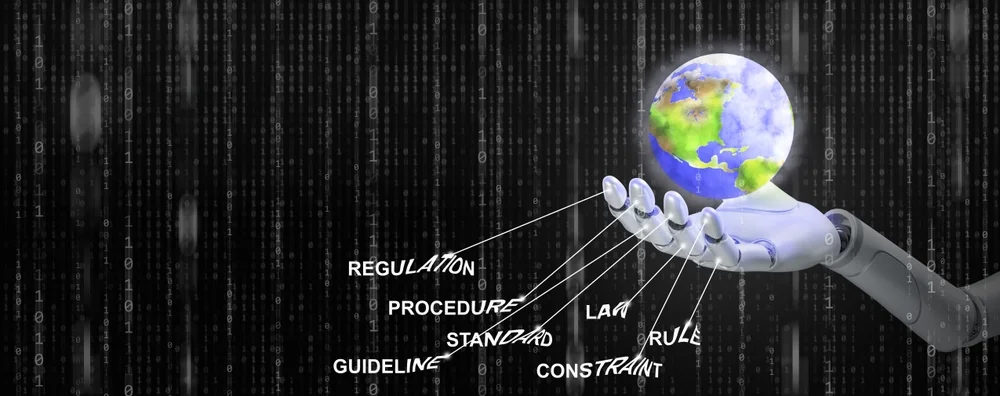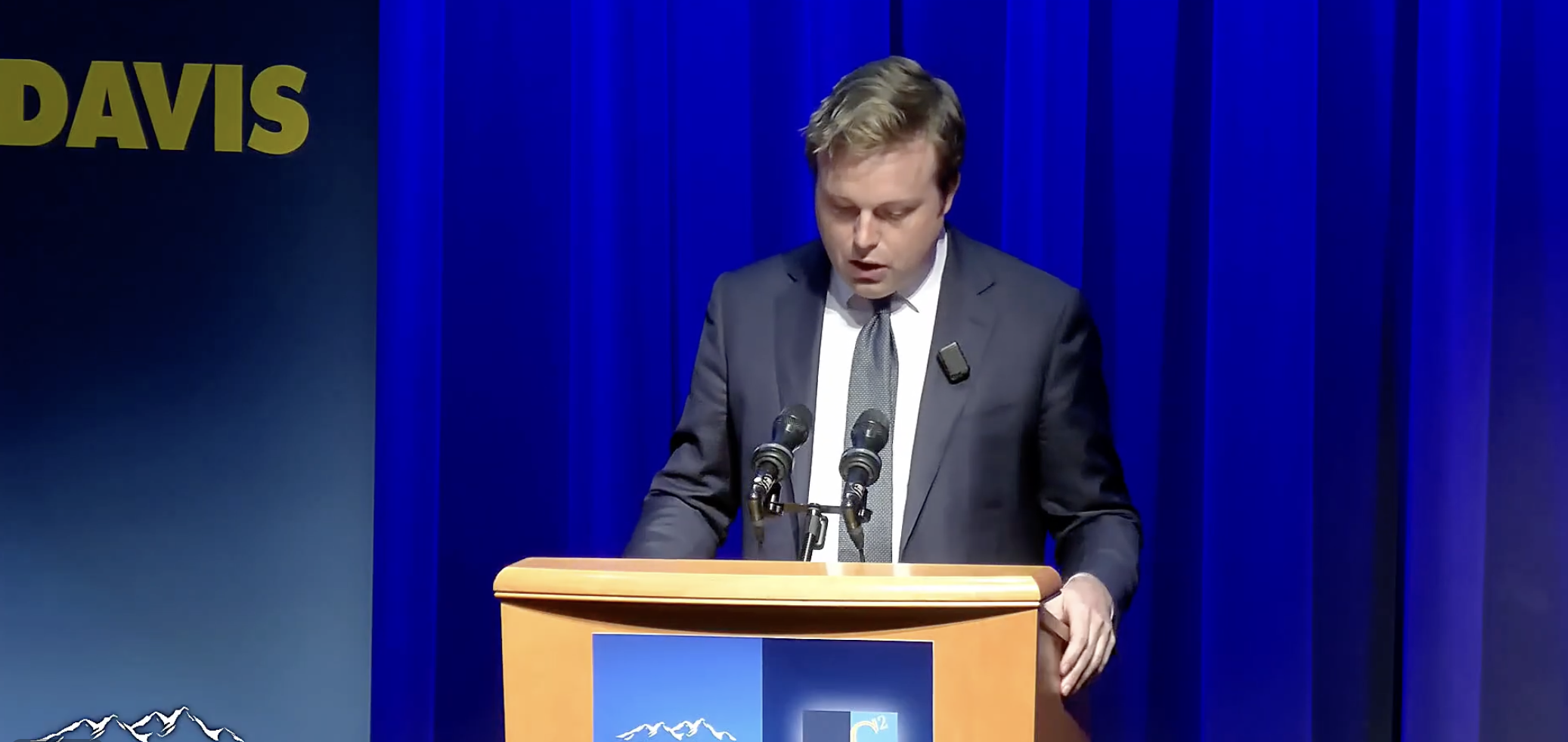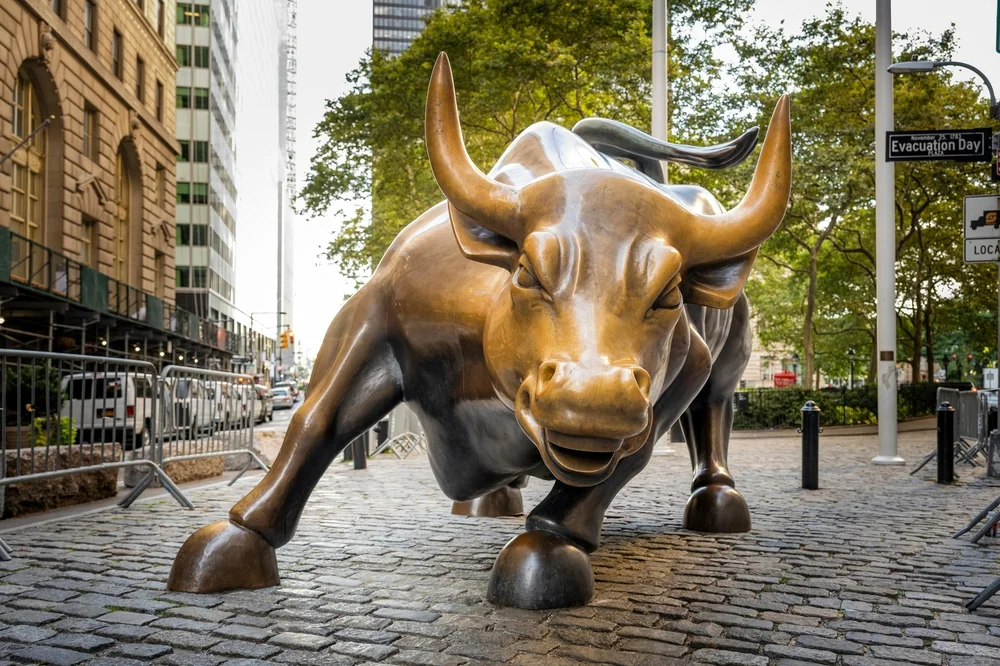
These Mayors Understand How to Run a City
Armed with common sense policies, three urban leaders are fighting a patient battle against chaos.
Urban leaders have greeted the return of Donald Trump with about as much enthusiasm as they would have for a reprise of the bubonic plague. The National Urban League imagines an “extreme right-wing” administration that will ban abortion, threaten the civil service, and end both immigration and racial quotas. Trump has even proposed building new planned cities—so-called freedom cities—that could compete with the existing urban landscape. Some urban leaders fear Trump’s actions will force them to “go it alone”—to grapple with their cities’ problems without the benefit of federal funding. But perhaps this is less of a problem than it seems. After all, cities have declined over the past four years with a Democrat in the White House. Weaning cities from federal assistance may be just what’s needed to spur change.
Indeed, several mayors seem ready, if not eager, to go it alone. These include Houston’s John Whitmire, Fort Worth’s Mattie Parker, and San Francisco’s newly elected Mayor Dan Lurie. They are seeking to adjust to harsh urban realities by discarding the often-dreamy progressive notions that tend to dominate urban political discourse. They are keenly aware how cities have lost much of their appeal in recent years to fast-growing suburbs and exurbs and are intent on fighting a patient battle against these tides.
As we know from the 1990s and early 2000s—under reform mayors like New York’s Rudy Giuliani and Michael Bloomberg, Houston’s Bob Lanier, Indianapolis’s Steve Goldsmith, Philadelphia’s Ed Rendell, and Los Angeles’s Richard Riordan—good governance can restore urban vitality. Some of these mayors were nominal Democrats, others were Republicans, but all were effective in enacting regulatory reform, restraining taxes, and, most importantly, increasing public safety.
Continue reading the entire article at City Journal
Joel Kotkin is Presidential Fellow in Urban Futures at Chapman University and Senior Research Fellow at the Civitas Institute at the University of Texas, Austin
Economic Dynamism

Do Dynamic Societies Leave Workers Behind Economically?
We need a more dynamic economy that can help workers by allowing them to move where they can best use their skills.
.jpg)
Do Dynamic Societies Leave Workers Behind Culturally?
Technological change is undoubtedly raising profound metaphysical questions, and thinking clearly about them may be more consequential than ever.

The War on Disruption
The only way we can challenge stagnation is by attacking the underlying narratives. What today’s societies need is a celebration of messiness.

Unlocking Public Value: A Proposal for AI Opportunity Zones
Governments often regulate AI’s risks without measuring its rewards—AI Opportunity Zones would flip the script by granting public institutions open access to advanced systems in exchange for transparent, real-world testing that proves their value on society’s toughest challenges.

Downtowns are dying, but we know how to save them
Even those who yearn to visit or live in a walkable, dense neighborhood are not going to flock to a place surrounded by a grim urban dystopia.

AI Needs Consumer Choice, Not Bureaucratic Control
The regulatory approach treats consumer AI as a problem to be solved rather than as another service best left to a competitive, dynamic market to provide consumers with autonomy and choice.

The Start-Up Paradox: The Coming Red Shift in Innovation
Despite London's success, the future of innovation is securely in American hands for the foreseeable future.




.jpeg)




.jpg)




